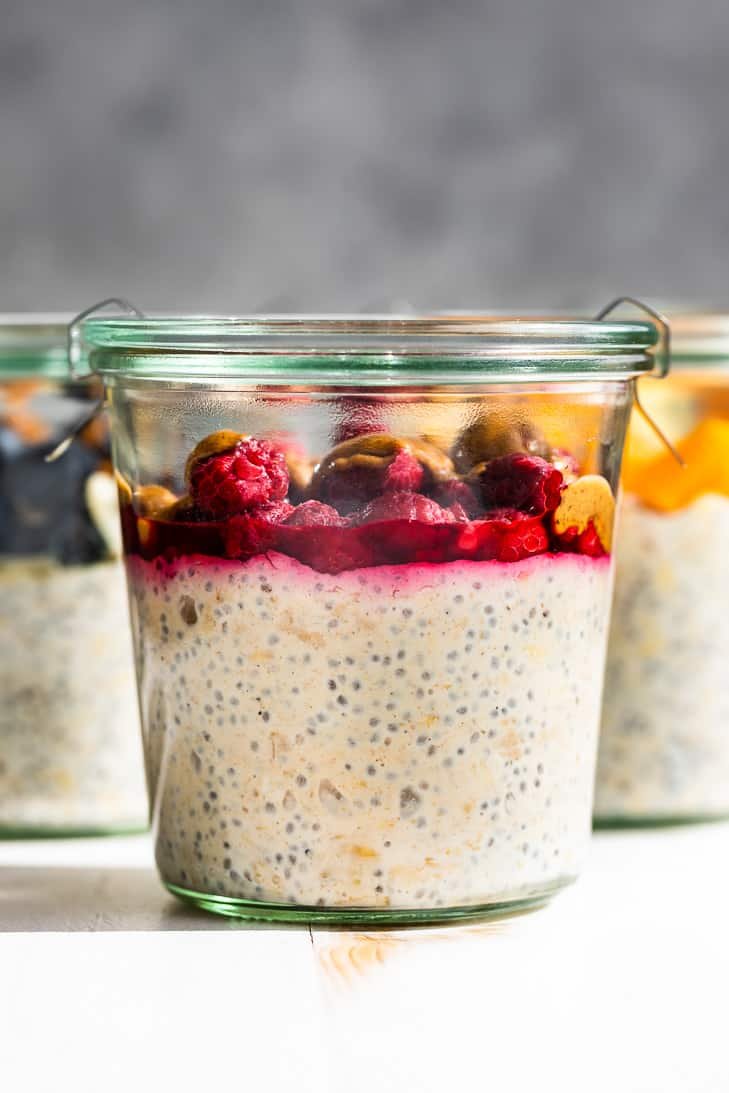Do Fat Burners Really Work? Everything You Need to Know
Introduction
You've probably heard a lot about fat burners, right? They're everywhere—on social media, in your favorite fitness magazines, and maybe even recommended by that friend who's super into fitness. But what are fat burners really, and do they actually work? Let's dive in and find out.
What Are Fat Burners?
Fat burners are supplements designed to help you shed extra pounds by boosting your metabolism, decreasing fat absorption, or helping your body use fat as fuel. Sounds great, doesn't it? But like most things that sound too good to be true, there's more to the story.
How Do Fat Burners Work?
Fat burners generally work by using a combination of natural and synthetic ingredients to kickstart your metabolism. This can mean increasing your energy expenditure (burning more calories at rest) or enhancing fat oxidation (breaking down fat for energy). However, here’s the kicker—they're not magic pills. You still have to put in the work with diet and exercise.
Common Ingredients in Fat Burners
Some of the most common ingredients in fat burners include:
- Caffeine – Boosts energy levels and metabolism.
- Green tea extract – Contains antioxidants and has metabolism-boosting properties.
- L-carnitine – Helps your body turn fat into energy.
Do Fat Burners Really Work?
You might be wondering, "If they have all these great ingredients, do they actually work?" The answer isn’t so simple. Fat burners can aid in weight loss, but they are not a substitute for a healthy lifestyle. They can give you a slight edge when combined with a nutritious diet and regular exercise, but don’t expect miracles if you're not putting in the effort elsewhere.
Scientific Evidence on Fat Burners
Studies show that some ingredients in fat burners can help with weight loss. For example, caffeine has been shown to increase fat burning and boost metabolism. However, these effects are usually modest and not a replacement for a healthy lifestyle. It’s easy to fall into the trap of thinking a supplement will do all the work for you, but that’s just not the case.
Potential Risks and Side Effects
Before you rush out to buy the latest fat burner, it’s crucial to be aware of potential risks. Because they often contain stimulants, fat burners can cause side effects such as:
- Increased heart rate
- Anxiety
- Sleep disturbances
If you're sensitive to caffeine or have any pre-existing health conditions, it’s always a good idea to talk to a healthcare professional before starting any new supplement.
Quality Control Concerns
Another thing to keep in mind is that the supplement industry isn’t as tightly regulated as you might think. This means there’s a chance that what’s on the label isn’t exactly what you’re getting. Quality can vary from brand to brand, so it’s important to do your research and choose a reputable company.
How to Use Fat Burners Safely
If you decide that fat burners are something you’d like to try, it’s important to use them safely. Here are a few tips to get you started:
- Start small – Begin with a lower dose to see how your body reacts. You can always increase the amount if you tolerate it well.
- Stay hydrated – Fat burners can dehydrate you, so make sure you’re drinking plenty of water throughout the day.
- Pay attention to your body – Listen to how you're feeling. If you experience any negative side effects, it might be time to stop or adjust your dosage.
- Combine with a healthy lifestyle – Remember, these are supplements, not substitutes. Keep up with a balanced diet and regular exercise for the best results.
Real-Life Experiences with Fat Burners
Many people have tried fat burners with varying degrees of success. Some report feeling more energetic and noticing a slight decrease in body fat, while others don’t see much difference.
I gave them a shot a few years back. I felt a little more energized during workouts, but I didn’t notice any dramatic changes in my body composition.
Everyone’s body reacts differently, and what works for one person might not work for another. It’s a bit of trial and error. If you’re curious, it might be worth giving them a try, but go in with realistic expectations. They’re not a miracle solution, but they can be a helpful addition to a healthy lifestyle.
Frequently Asked Questions About Fat Burners
1. Are fat burners safe?
Generally, they’re safe if used as directed, but it’s important to be cautious, especially if you have health issues or are sensitive to stimulants. Always consult with a healthcare professional if you’re unsure.
2. Can I take fat burners every day?
It depends on the product. Some fat burners are designed for daily use, while others should be cycled to prevent tolerance. Check the label for specific instructions.
3. Will fat burners work without exercise?
While they might provide a slight boost, they’re most effective when combined with regular exercise and a healthy diet. Think of them as the icing on the cake, not the cake itself.
4. How long does it take to see results?
This can vary widely from person to person. Some might see changes in a few weeks, while for others, it could take longer. Consistency with your overall lifestyle is key.
The Verdict on Fat Burners
So, what’s the final word on fat burners? They can be a helpful tool in your weight loss journey, but they’re not the end-all-be-all. It’s like trying to bake a cake with just the icing—sure, the icing is great, but without the cake (your diet and exercise), you’re not going to have much to eat.
Use them wisely, do your research, and, most importantly, listen to your body. If you’re committed to a healthy lifestyle, a fat burner might just give you that extra push you’re looking for. But remember, there’s no substitute for a balanced diet and consistent exercise. Keep your expectations realistic, and you’ll be on the right track.
Final Thoughts
Thanks for sticking with me through this dive into the world of fat burners! I hope you found it helpful. If you’ve got any questions or thoughts, feel free to drop them below. Until next time, stay healthy and keep pushing forward!
The Science Behind Fat Burners
To really understand the role of fat burners, it's helpful to look at the science behind them. One key aspect is thermogenesis, the process of heat production in the body. By increasing thermogenesis, fat burners can theoretically enhance calorie burning. However, the increase in calorie burn is often quite modest, and without a healthy diet and exercise, the effects might be negligible.
Another factor to consider is the psychological impact of taking fat burners. Many users report experiencing a placebo effect, where taking a supplement makes them feel more motivated to exercise and eat healthily. This psychological boost can sometimes be as beneficial as the physical effects of the supplements themselves.
Choosing the Right Fat Burner
There are different types of fat burners available:
- Appetite suppressants – Use ingredients like glucomannan or CLA to reduce calorie intake.
- Carb blockers – Contain ingredients like white kidney bean extract to prevent carbohydrate absorption.
Each type has different mechanisms and potential benefits, so it’s important to understand your specific goals before choosing a fat burner.
Final Considerations
Fat burners can be a tool in your weight loss arsenal, but they are not without controversy. Some experts argue that the focus on supplements distracts from the fundamental aspects of weight loss: diet, exercise, and behavioral changes. Before you decide to incorporate fat burners into your routine, weigh the pros and cons, consider your personal health circumstances, and consult a healthcare provider if needed.
👉 Check out our Fat Burners here




